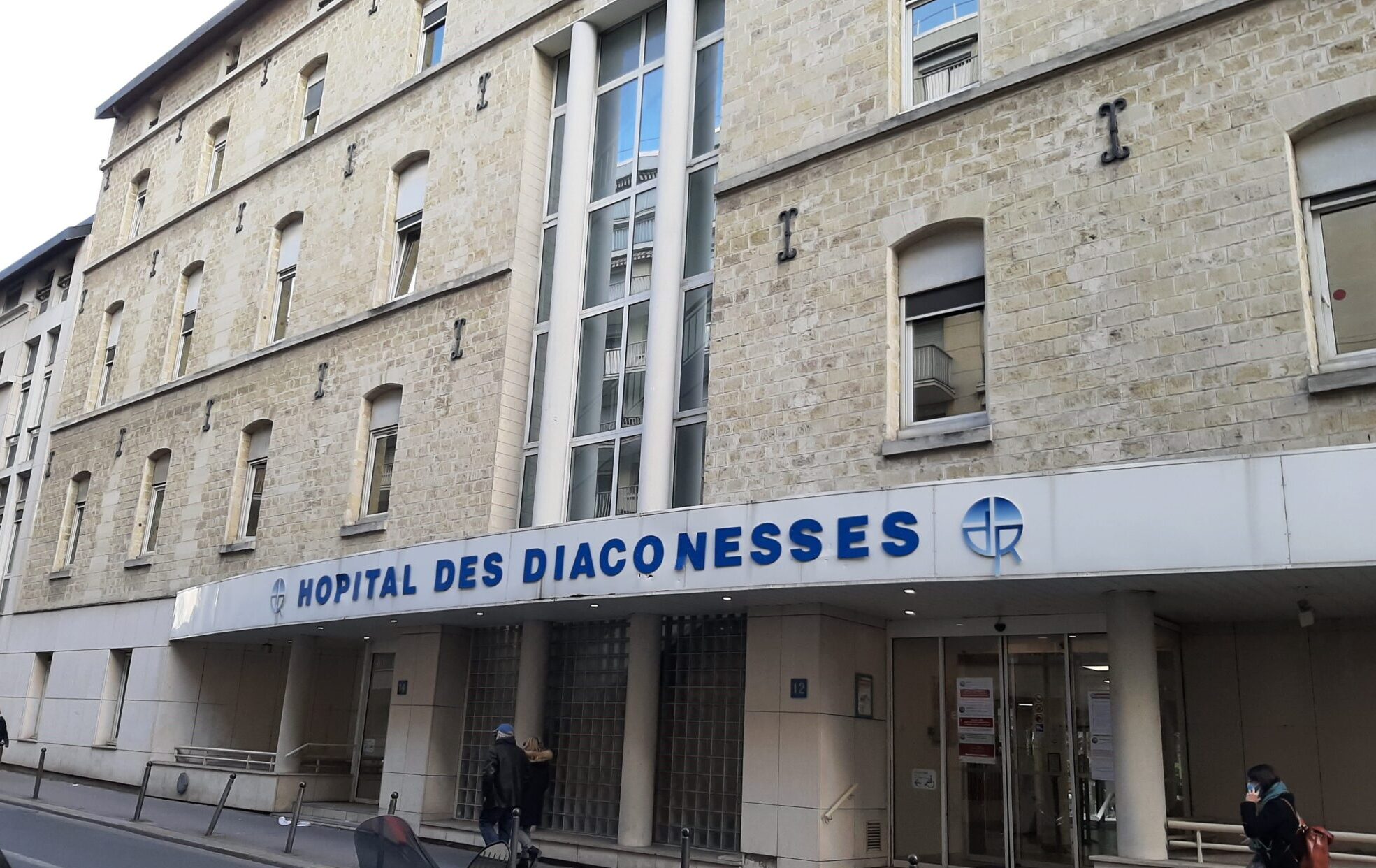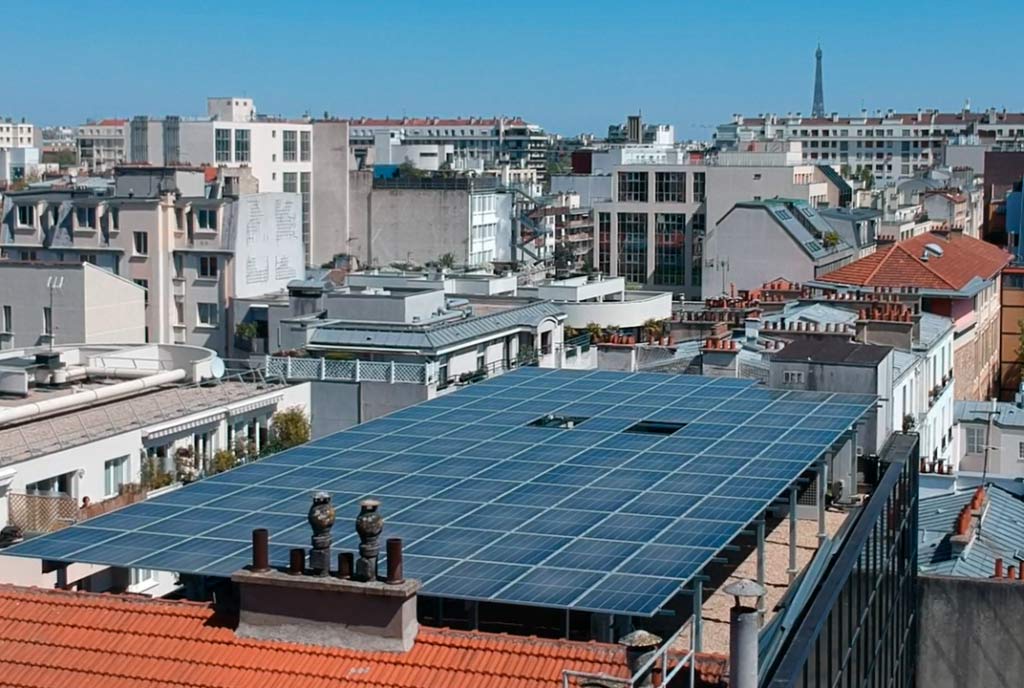You are a healthcare player .
THE challenges of the sector
Hospital center, university hospital, nursing home, EPHAD, your health establishment, by nature, operate without interruption. According to an ADEME study, the average energy consumption per bed per year is 9,500 kWh, almost as much as a French household of between 2 and 3 people.
As establishments with high energy consumption, it is important to adopt sustainable solutions adapted to sometimes aging establishments to reduce their carbon footprint.
What work should be carried out to reduce energy consumption in the health sector?
How to finance these large-scale renovations?

Enerlis solutions
Regulations / YOUR CONSTRAINTS
Tertiary decree
The tertiary decree requires buildings of more than 1,000 m2 to reduce their energy consumption by 40% by 2030, 50% by 2040, and 60% by 2050. Site owners or managers must declare annually their energy consumption on the Operat platform to monitor the progress of compliance.
BACS decree
The BACS decree requires existing tertiary buildings with electrical and thermal equipment power greater than 290 kW (between 1,900 and 3,600m2) to install a BMS system. This decree complements the tertiary decree, because the optimization of electrical and thermal installations reduces the energy consumption of a building.
APER law
The APER law requires that car parks of more than 1,500 m² associated with establishments such as hospitals, nursing homes or EPHADs be equipped with photovoltaic panels covering at least 50% of their surface area by 2026.
LOM law
The LOM law requires the installation of charging stations for electric vehicles in the parking lots of health establishments with more than 20 spaces, such as office towers and commercial spaces. These facilities must represent at least 5% of parking spaces by 2025.
Success story
GH des deaconesses: 5-year energy services contract
The Deaconesses hospital group, by nature, operates without interruption. Affected by the rise in energy prices, the hospital wanted to explore possible savings avenues, in accordance with its operations. After an energy audit by Enerlis, our experts recommended a range of non-intrusive works for the building: No power cuts were necessary during the Enerlis intervention.
Surface
28,000 m2 including 205 beds
Third-party financing works budget
490 000€
Annual energy savings
120 000€
Annual reimbursement of work
98 000€
Net savings from the 1st year
22 000 €
OPERATION WITH IMMEDIATE KING
The energy consumption and carbon footprint were reduced by 14%

To achieve 14% energy savings, Enerlis updated the building's existing BMS, installed new low-consumption lighting fixtures and optimized the boiler room settings.
Hospitals are not buildings to be understood like any other. It was important for us to work on energy saving options relevant to the Deaconesses.
We have not only reduced energy bills, but also improved the comfort of patients and hospital staff.

Eric amsellem
Design Office Director
Financing the energy transition
Enerlis offers you an innovative approach to finance your energy transition without debt or investment. Within the framework of a performance guarantee contract (of the Esco type), it is in fact Enerlis which finances the necessary work and is remunerated on part of the energy savings generated by the solutions implemented.
Focus ESCO
Enerlis offers you an innovative approach to finance your energy transition: thanks to the performance guarantee contract (Esco) that we offer, you are sure to be able to benefit from energy efficiency work which allows you to reduce your consumption, without having to worry about financing. It is in fact Enerlis which invests and is remunerated on part of the savings generated by the solutions implemented.
Focus on public performance market with deferred payment
A deferred payment performance public contract is a contract between a public entity and a private company, where energy efficiency work is financed by the company, which will then be remunerated based on the energy savings performance achieved.
Payments are made after the work has been carried out and the results have been evaluated, which allows the public administration to spread the costs. It allows public hospitals to benefit from private expertise while minimizing financial and technical risks, facilitating access to the objectives of the tertiary decree and the BACS decree imposed by the State.
They
trust
Many major players have trusted us for more than 10 years:
Our healthcare sector news
EGAIN AND ENERLIS JOIN TO REDUCE ENERGY CONSUMPTION AND ENVIRONMENTAL IMPACT
KUNGSBACKA and PARIS – October 23, 2019 — Egain and Enerlis are pleased to announce the conclusion of a distribution partnership...
See more






